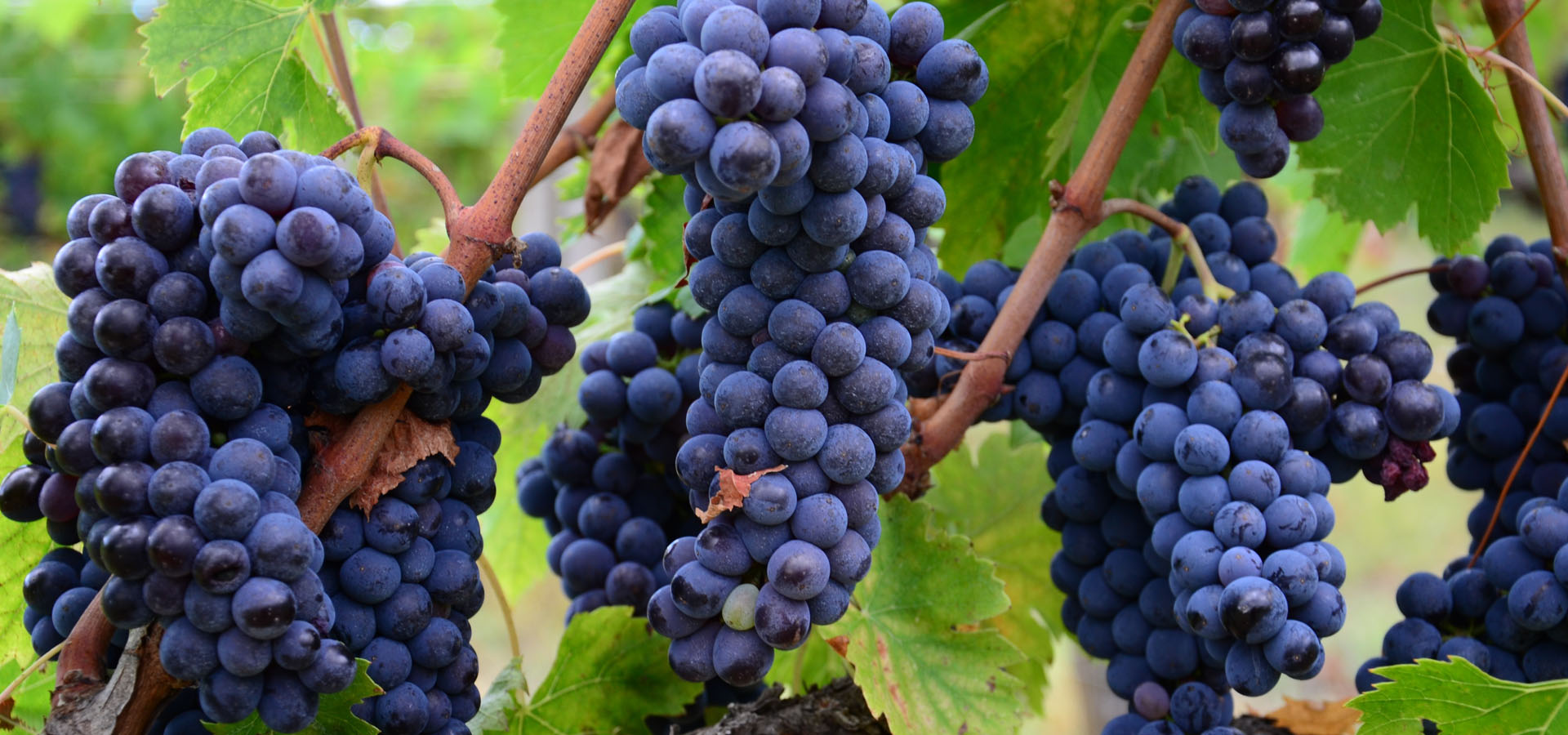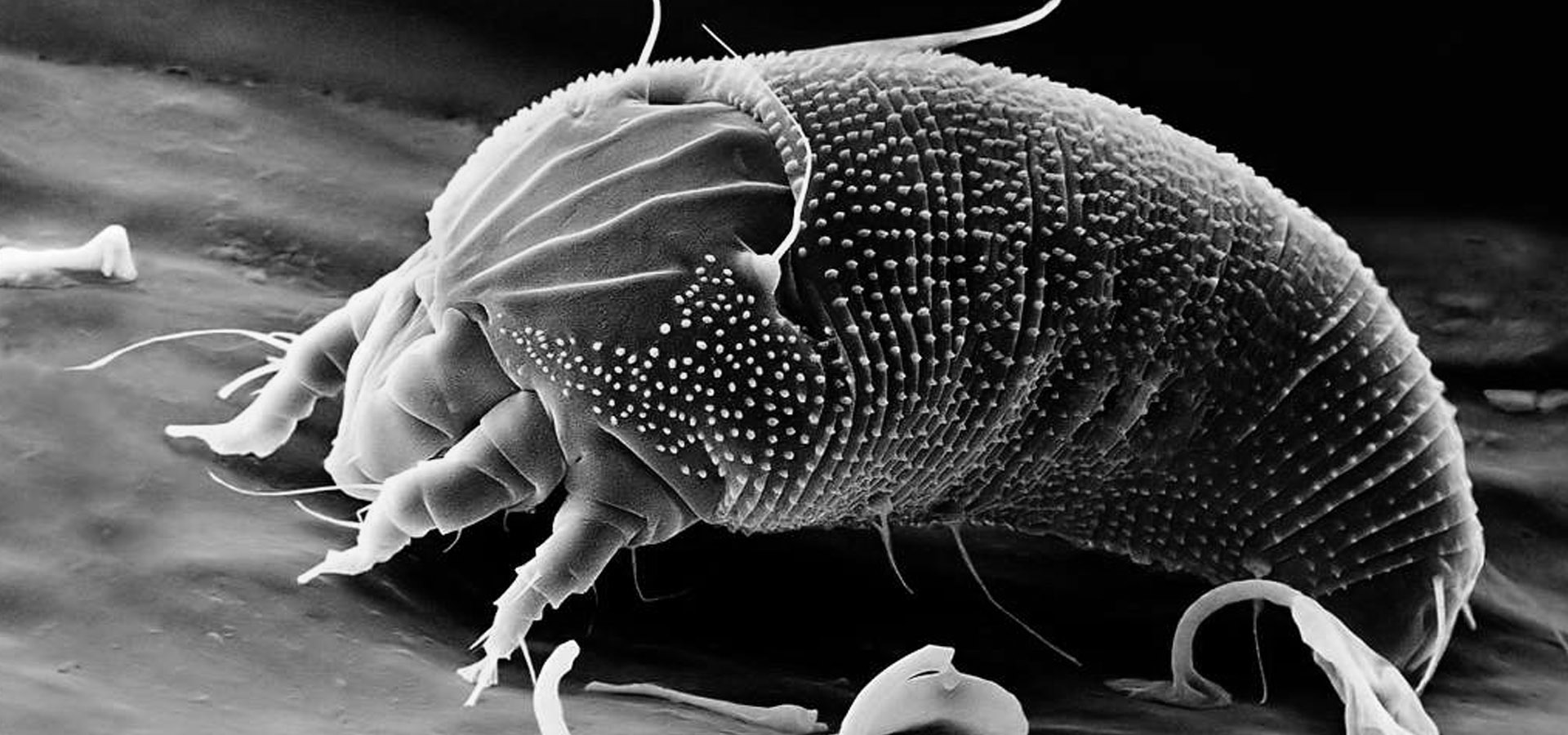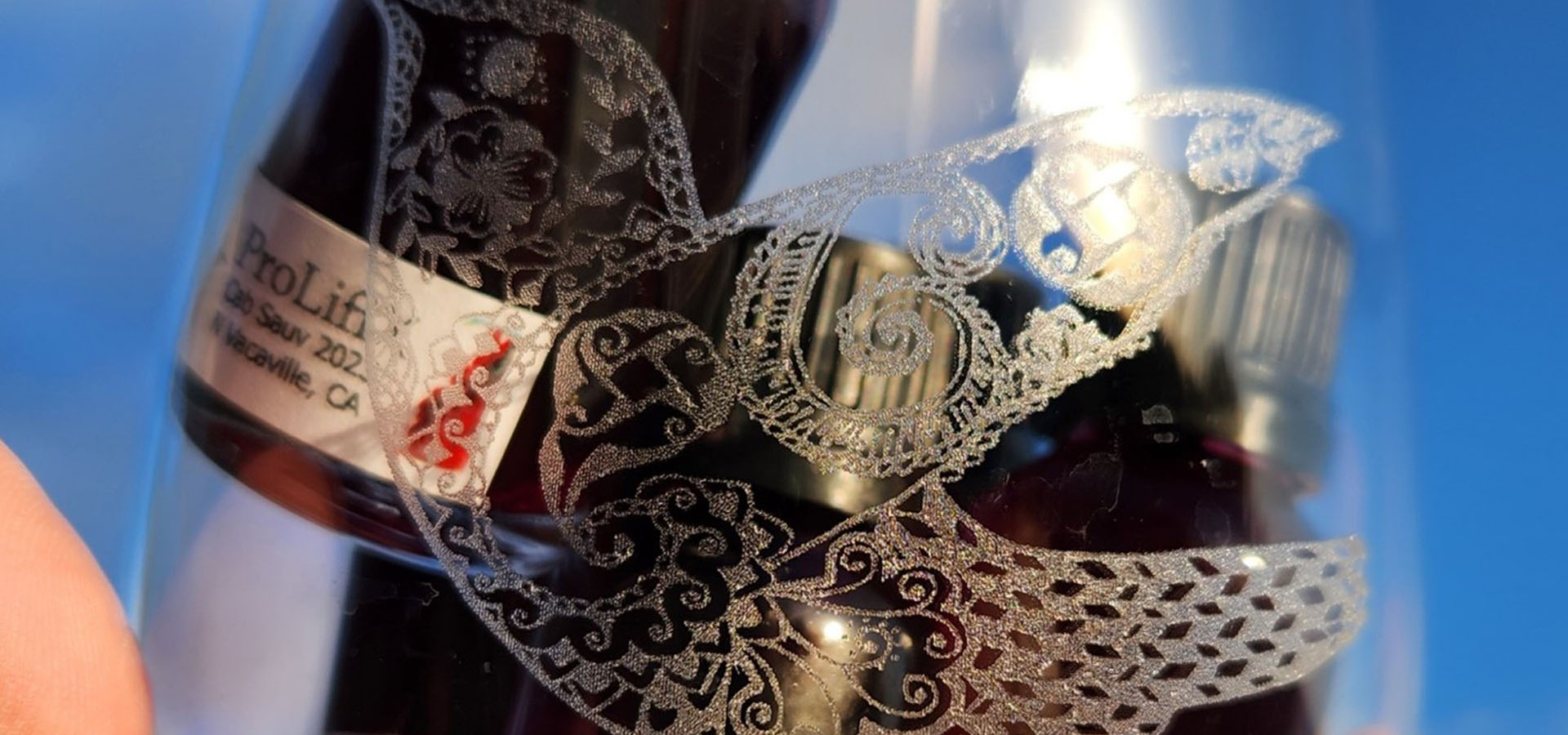Circadian Crop Sciences conducted a study in the 2023 season in Vacaville, California, exploring the influence of regenerative pesticides on the quality of Cabernet Sauvignon grapes and the resultant wine. The vineyard, located between Vacaville and Winters, benefits from a unique environment shielded by nearby mountain ridges, resulting in a warm and dry climate.
The study aimed to evaluate the effects of regenerative pesticides—Circadian Sunrise, Long Shadow, and Prolific—on grape quality. These pesticides contain bio-stimulants and antioxidants, including the natural plant polymer carrageenan and potassium sorbate. Carrageenan forms an invisible film on plant surfaces, improving effectiveness by infusing it with potassium sorbate. This combination enhances plants’ defense mechanisms and biomass production.
A significant finding was the potential movement of potassium sorbate from foliage to roots. This movement was observed when tomato seedlings were treated, inhibiting root diseases. This suggests that in grapevines, spraying for powdery mildew control might also influence trunk diseases via potassium sorbate transfer.
Tricontinental, a waxy substance found in plants, was a focal point. It was patented by Michigan State University in the 1970s as a plant bio-stimulant. The study showed that Tricontinental-treated grapes ripened earlier, with positive impacts on soluble sugar levels, pH balance, and microbial communities on grape skins.
However, the vineyard faced challenges, including Esca disease, Pierce’s disease, and trunk diseases. The potential mechanical spread of Pierce’s disease raised concerns. Despite these issues, the study highlighted the potential benefits of regenerative pesticides, which seemed to darken grape color and influence sugar concentration.
The study’s focus was on evaluating grape quality, and wine production was anticipated. While initial results didn’t show major differences, the thinner skin of treated grapes hinted at potential distinctions during winemaking. Wine samples would be available for professional winemakers after malic acid fermentation, with aging expected to reveal further outcomes.
In summary, the study investigated the impact of regenerative pesticides on Cabernet Sauvignon grapes and subsequent wine quality. With a focus on bio-stimulants and antioxidants, the study observed effects on grape ripening, sugar levels, and skin characteristics. The findings provided insights into potential agricultural practices for enhancing grape quality in unique and challenging environments.




